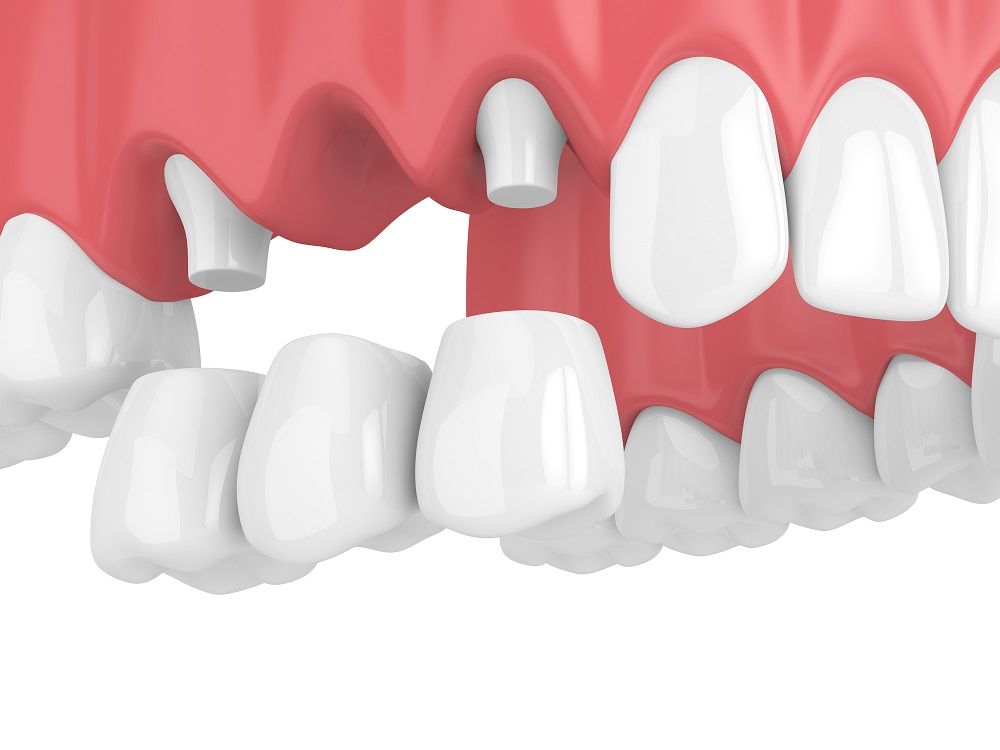Are you longing for a complete, confident smile? Dental bridges could be the key to restoring both your smile and oral health. If you have missing teeth, dental bridges can be the solution to getting your smile back. Choosing dental bridges means that you should know how to take care of them properly.

What Is a Dental Bridge?
Dental bridges are prosthetic devices that bridge the gap created by missing teeth. They consist of two main parts: the pontic (the replacement tooth) and the abutments (the supporting teeth on either side). Bridges match your natural teeth. As a result, they can provide a seamless and aesthetically pleasing solution.
Why Choose Dental Bridges?
So, why would someone choose to get dental bridges? They are a dental solution that helps restore your smile. Dental bridges not only fill the gaps in your smile but also enhance its overall appearance.
Furthermore, missing teeth can make chewing difficult. Dental bridges restore your ability to enjoy a variety of foods without discomfort.
Additionally, losing teeth can lead to changes in facial structure. Dental bridges help preserve your natural facial contours, preventing a sunken appearance.
Caring for Your Dental Bridges
If you have dental bridges, it’s crucial to adopt a proactive approach to oral care to ensure their longevity and maintain your overall oral health.
Regular Oral Hygiene
Continue to brush your teeth at least twice a day and floss daily. When cleaning around your dental bridges, pay extra attention to the areas where the bridge meets your natural teeth and gums. Use a soft-bristled toothbrush to avoid damaging the bridge. You also need to floss underneath the bridge.
Dental Check-ups
Regular dental check-ups are essential for monitoring the health of your dental bridges. There, they can address addressing any issues promptly. Your dentist will assess the bridge’s integrity and recommend adjustments or repairs if necessary.
Avoid Damaging Habits
Protect your dental bridges by avoiding habits that can compromise their integrity. Steer clear of biting on hard objects, such as ice or pens, to prevent damage. If you grind your teeth at night, discuss the option of a nightguard with your dentist to protect both your natural teeth and the dental bridge.
Healthy Diet for Healthy Bridges
A balanced diet not only benefits your overall health but also plays a crucial role in preserving the health of your dental bridges.
Excessive sugar intake can contribute to tooth decay and gum disease. Therefore, limit sugary snacks and drinks to maintain the health of both your natural teeth and dental bridges.
Calcium is vital for strong teeth and bones. Incorporate calcium-rich foods such as dairy products, leafy greens, and almonds into your diet to strengthen your natural teeth and dental bridges.
Finally, drinking plenty of water helps maintain optimal oral health. It helps wash away food particles, bacteria, and acids that can contribute to decay. Staying hydrated is important to prevent dry mouth when you have dental bridges. This can impact the health of your gums.
